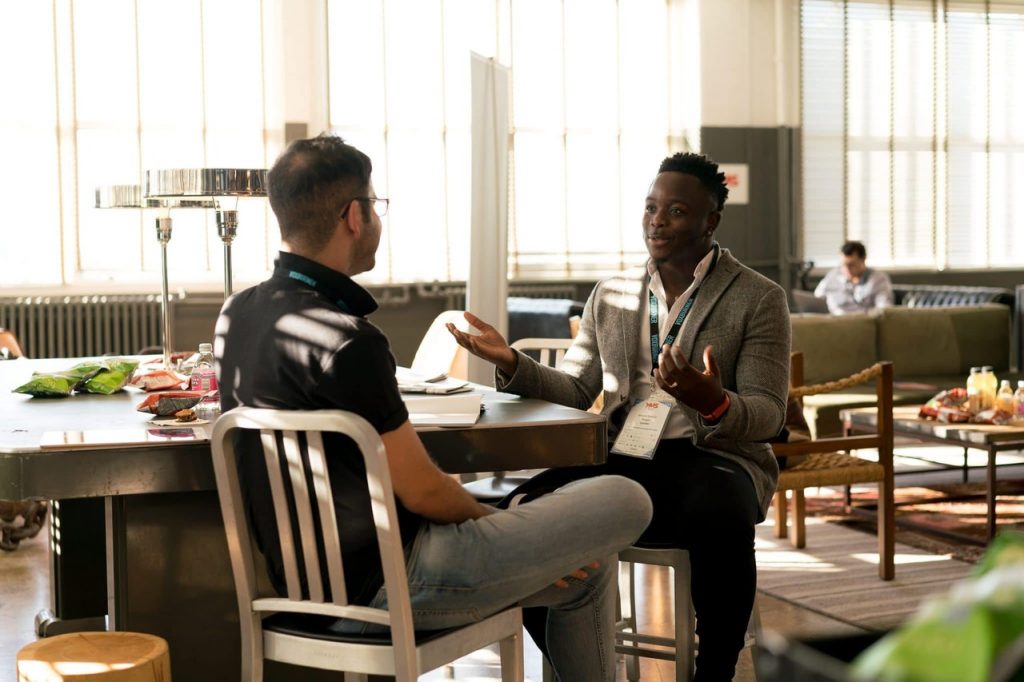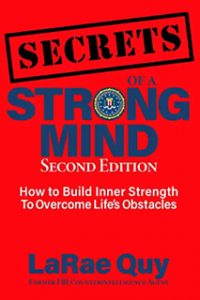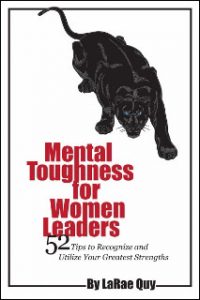To hear the movies and books tell it, love is the answer to all our problems. Most of us learn early on that the movies and books have it all wrong. There’s a clear difference between our notion of what love should be like and what it’s really like.
It’s a hard lesson, but romantic love is not a cure-all for what ails us. If we want to predict how we will grow old, it’s not cholesterol that will kill us. The real killer is loneliness for the simple reason that being alone is toxic.
Human beings are wired to bond with others, not co-exist with them. A study conducted at Harvard University for the past 81 years, known as the Harvard Study of Adult Development, sought to answer this important question: What keeps us happiest as we go through life? Think it’s wealth and fame and all that they can buy? You’re not alone. 80% of millennials surveyed indicated that their number one goal in life was to get rich. And 50% of them stated their second goal was to become famous.
Started in 1938, the researchers tracked the lives of 724 men and the core breakthrough was both simple and poignant: Good relationships keep us happier and healthier. Life is not about money or fame; life is about relationships.
The study concludes that people who are socially connected live longer and are happier. A person can be lonely in a marriage, and some of the most desolate places in the world are smack in the middle of a crowd. The study makes a big point about the quality of relationships, not just the quantity. If you have a soulmate or one person who truly “gets” who you are, you are blessed. It’s the quality of your close relationship that matters, not the number of friends.
Relationships can be hard because we tend to look at people as transactions. “What can this person do for me? How can they help my career?” Anytime we look for something in return, it’s not the real thing because relationships require both empathy and curiosity. That means you don’t forget people as soon as they leave the room or your company.
Here is why you need more than love in your relationships:
1. Other People Make Us Healthier
Physiologically, a lack of a social support system can be a source of chronic stress for our bodies. Studies show that when we feel lonely, our body has higher levels of the stress hormone cortisol. That’s the bad stuff that leads to cardiovascular disease and other illnesses.
Neurologically, our brains seem to function better when we interact with others. Social connections are a complex function that requires both the thinking and feeling brain systems (cerebral and limbic) to cooperate. Once they’ve communicated, research shows the interaction then becomes is a simple task for them. If we are mentally tough, we’re better able to control the way in which the cerebral and limbic brain systems fight for dominance, especially when we’re stressed. Yet in social situations, the research shows they function more as a team.
Are you mentally tough? Take the FREE assessment.
Psychologically, we need to belong and we need to identify with a group that defines where we belong. For some, it may be family but for others, it might be a team at work or sports, a marriage partner, or a faith-based community. Often, it is nothing more than the knowledge that there is someone out there in the world who is just like us.
How To Make It Work For You: Relationships take effort and they can suck up a lot of energy, but they need to be a priority. People who support you are an investment in your future because are they healthy for your mind, body, and soul. For friends who move away or fade over time, plug-in new ones to take their place.
2. Pay Attention To The Rules Of Engagement 
Psychologist John Gottman has found that the strongest relationships are those where the individuals paid attention to each other, remained responsive, and offered their support. They would come to each other’s aid in a moment’s notice and be just as nimble to give as they were to receive.
Harvard Medical School research confirms that it’s important to stay close to people who will support and encourage you. We need to make an effort to develop and maintain strong connections with a core group of friends or family. Relationships with honest people remind us that we’re not alone and that everyone struggles at some point in time. Once the trust is established, we find that people who exude confidence and success often have the same fears that we do.
How To Make It Work For You: In his book, “The Relationship Cure”, Gottman suggests we pay attention to how another person responds to a “bid.” A bid can be a question, a gesture, a look, a touch or any expression that conveys the message that they want to feel more connected to you. For example, they say, “The sun is shining” and wait for your response. It could be:
- You turn toward the bid: “Yes, finally looks like good weather.”
- You turn away from the bid: Either no reply or your response is unrelated, “Have you handed in your report yet?”
The point is that your initial comment provides an opportunity to open up for further conversation. A bid is a subtle request for an emotional connection and a great way to develop social connections.
3. Family Can Be A Moveable Feast
In the past, we often relied upon family to help us get through tough times, but the definition of family has changed over the past few decades. Once it meant the nuclear family unit which included blood relatives like moms, dads, and offspring. Often as not, family members lived and died in close proximity, or at least maintained close ties. Not so much anymore.
Two-parent households are on the decline as divorce, remarriage and cohabitation are on the rise. Let’s face it, the meaning of “family” has morphed into a more clinical definition that looks at how teams, squads, or groups work together in an effective manner. The idea of family has moved far beyond blood ties, partly because of our fragmented society but also because a far more liberating view of family gives us permission to gravitate toward those individuals with whom we can build trust, common beliefs, and open channels of communication.
How To Make It Work For You: Take the time to develop spiritual, physical, and social support. Don’t wait for trauma, setbacks, or adversity to show up to start. But be smart about it. Here are some tips:
Safety—family, groups, and relationships must make us feel safe. They need to be a place where you won’t one judged or criticized for what you say. In a word, we know we’re around the right people when we feel that we belong.
Vulnerable—no one wants to look like an idiot but to build a connection with others we need to reveal our humanity, and that makes us vulnerable. We need to be around people with whom we feel safe enough to be vulnerable. What is key here, though, is that every member feels safe enough to share their own stories and experiences. It’s not enough to listen to what someone else has to say. You need to reciprocate and admit your own weaknesses.
Values—It’s difficult to bond with people with whom you don’t share common values. Of course, this assumes that you’re clear on your own values, so if you’re not, get your ducks in order and find out. List them in order in one column on a piece of paper. In the next column, write down the names of people with whom you have a relationship. Match your values to the people on your list. If there are no matches, look to develop relationships with those who can help you grow into your values.
© 2020 LaRae Quy. All rights reserved.
You can follow me on Twitter, Facebook, Instagram, AND LinkedIn
Are you mentally tough? Here is my FREE Mental Toughness Assessment
Check out my new online training program at www.SecretsOfAStrongMind.com
Get my new book, “Secrets of a Strong Mind (second edition): How To Build Inner Strength To Overcome Life’s Obstacles”

Author of “Mental Toughness for Women Leaders: 52 Tips To Recognize and Utilize Your Greatest Strengths”

Photo by Designecologist from Pexels


Terrific post LaRae! Cultivating a meaningful support system has been proven to enable people to live longer and fuller lives. I especially love your words: “Take the time to develop spiritual, physical, and social support”. I have always found that by being a volunteer has not only brought amazing souls into my life but has empowered me to do important work. Of course our work is critical and so is world around us.
LaRae,
My damage, I always thought of as my weakness,never ask for help keep fighting and denying and keeping secret my pain and hurt. I could also not risk trusting anyone. It took 30 years to admit seek help and learn the lesson I was meant to rise above. Forgiveness and trust are now mine. This does not mean I won’t ever be betrayed again, but to not blame oneself and knowing I can only control myself and my responses or actions is a gift I give myself.